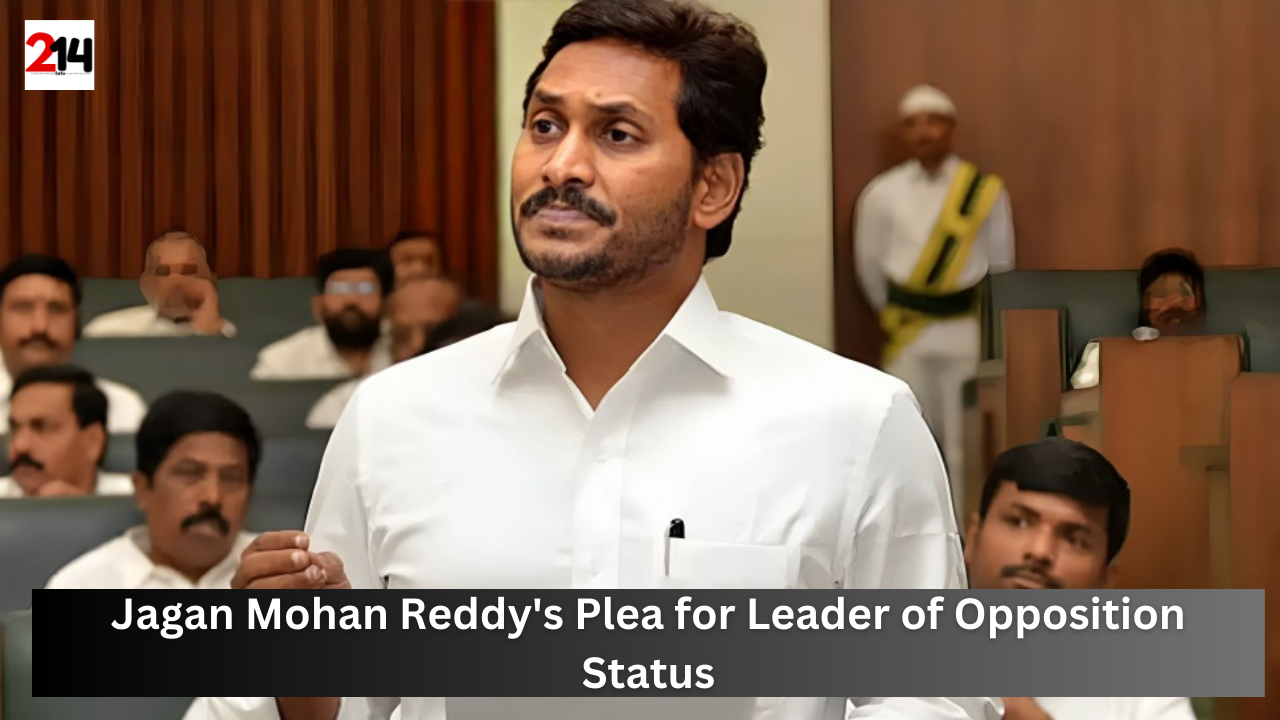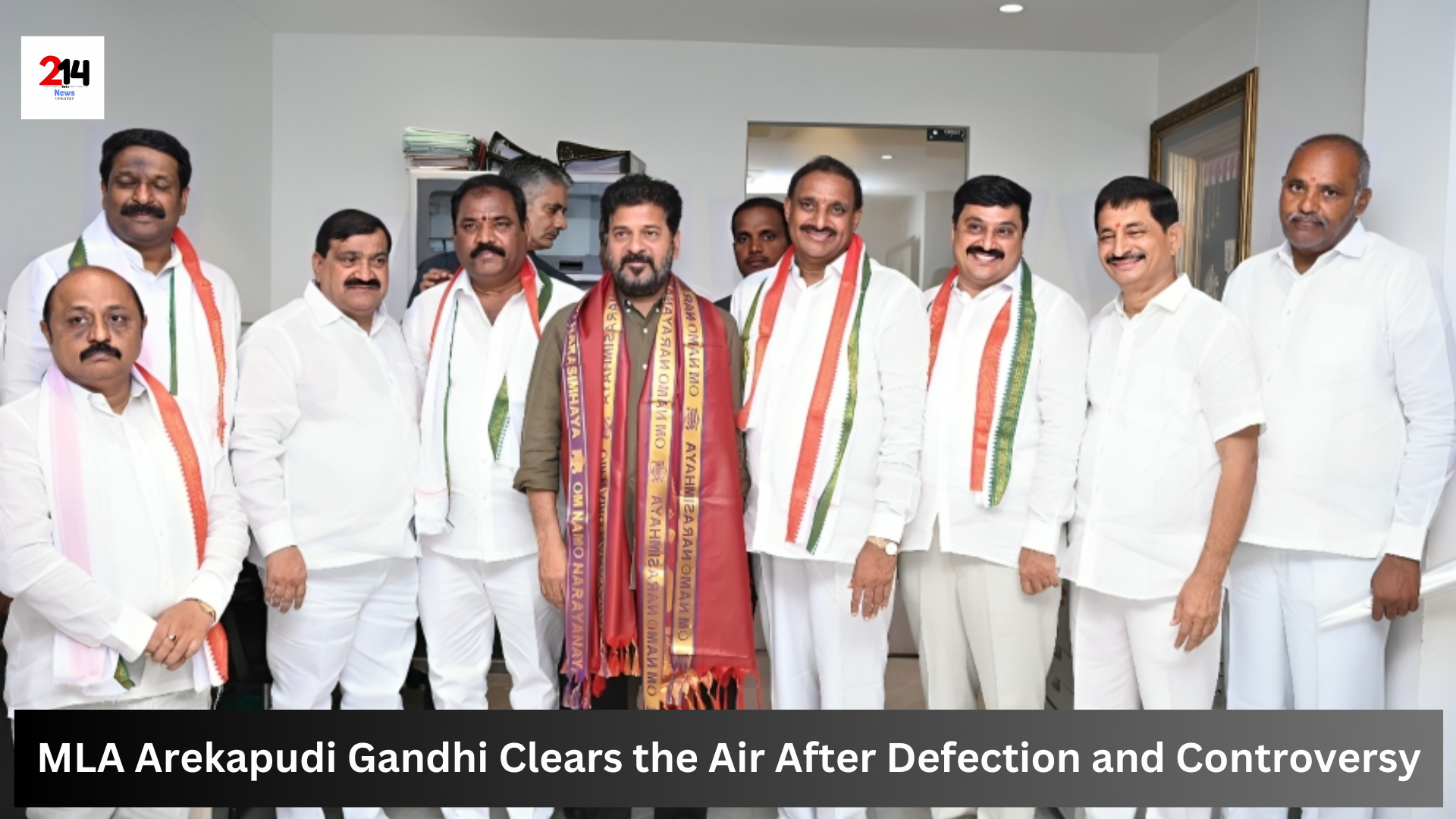
Former Andhra Pradesh Chief Minister, Y.S. Jagan Mohan Reddy, is advocating for his recognition as the Leader of Opposition in the Andhra Pradesh Legislative Assembly. Despite his party, the YSR Congress Party (YSRCP), winning only 11 seats in the recent elections—below the traditional 10% seat threshold—Jagan argues that historical precedents and the substantial vote share his party received justify this status.
Core Arguments
Jagan Mohan Reddy contends that the Assembly’s procedural rules do not necessitate a mandatory percentage of seats for a leader to be recognized as the Leader of Opposition. The YSRCP garnered 40% of the vote share in the elections, a significant figure that reflects broad public support. Jagan asserts that this popular mandate should entitle his party to opposition status, ensuring that the electorate’s concerns are adequately represented in the legislative process.
Historical Precedents
Jagan cites several instances where parties with less than 10% of the seats were granted opposition status. One notable example is P. Upendra of the Telugu Desam Party, who was recognized as the Leader of Opposition in the Lok Sabha in 1984, despite the TDP securing only 30 out of 543 seats. These precedents illustrate the flexibility of the 10% rule and support Jagan’s case for a similar consideration in the Andhra Pradesh Assembly.
Challenges and Hostilities
Jagan’s campaign for opposition status has faced significant obstacles. He has reported instances of hostility from the ruling coalition and the Assembly Speaker, including derogatory remarks that have strained relations. Despite these challenges, Jagan remains committed to his role, emphasizing the importance of voicing the concerns of his constituents in the Assembly.
Jagan also highlighted procedural irregularities during the recent swearing-in ceremony, where the traditional practice of calling the Leader of Opposition after the Leader of the House was not followed. This breach of tradition, according to Jagan, signals the ruling coalition’s reluctance to grant him the opposition status.
Importance of Opposition Status
The recognition of Jagan as the Leader of Opposition is crucial for ensuring effective governance and accountability. Such a status would empower him to more effectively represent the electorate’s concerns and contribute significantly to legislative debates. Without this recognition, a substantial portion of the electorate’s voice risks being marginalized.
Conclusion
Jagan Mohan Reddy’s plea for Leader of Opposition status underscores a fundamental aspect of democratic governance—the need for a robust opposition to ensure accountability and comprehensive debate within the legislative framework. His arguments, supported by historical precedents and substantial public support, highlight the necessity for a flexible interpretation of legislative rules to uphold democratic principles.

